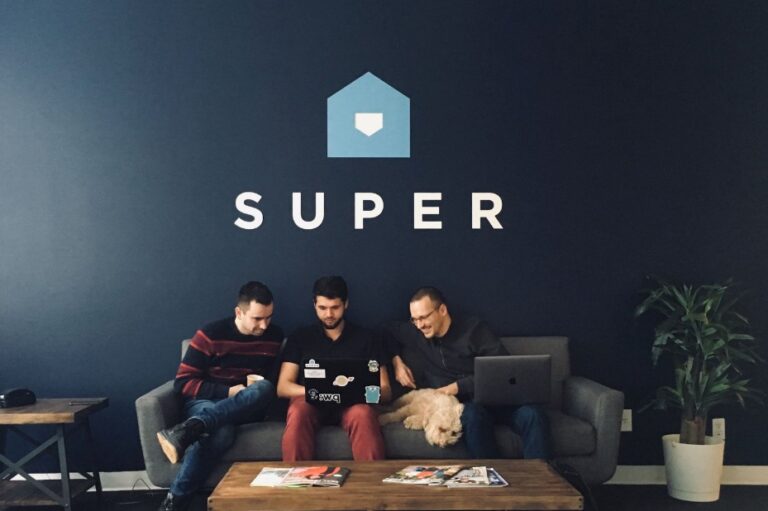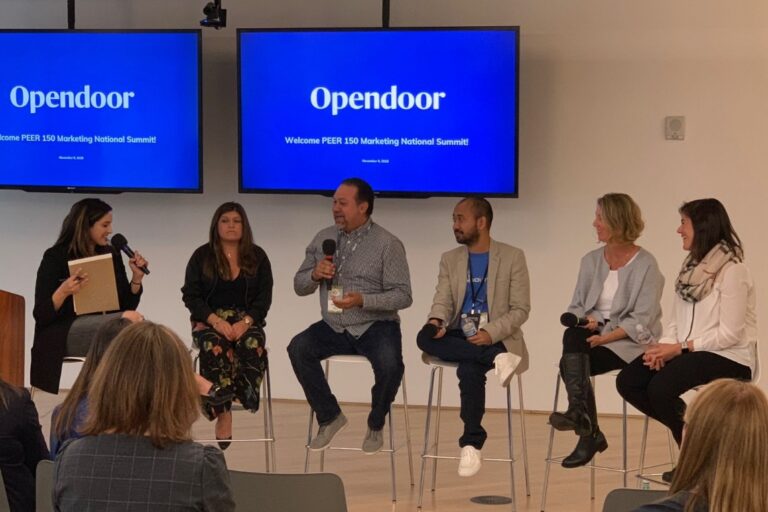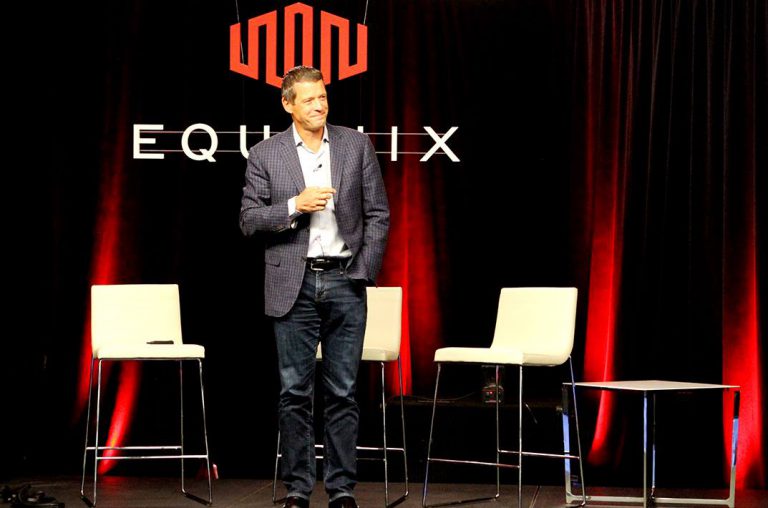Adena Hefets in Action to Change How Americans Look at Homeownership
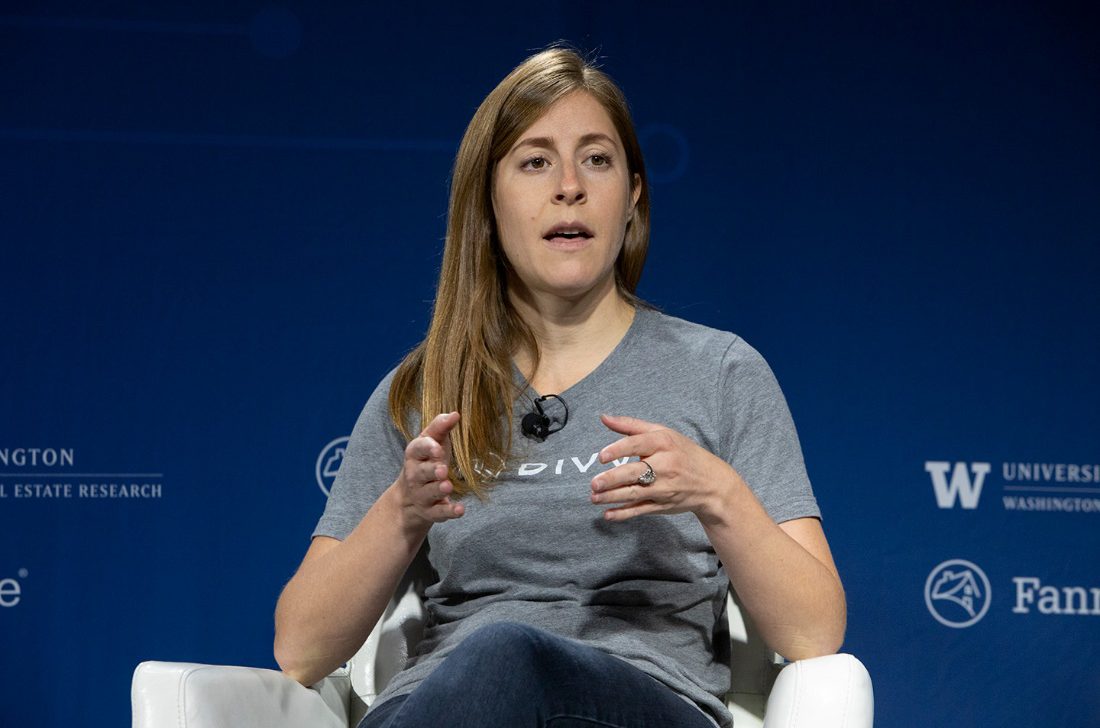
Hefets is the Cofounder & CEO, of Divvy Homes, a fractional homeownership platform with the mission of giving access to homeownership to everyone. Prior to founding Divvy Homes, Hefets invested in early-stage companies at DFJ, where she led their fintech investing practice.
Hefets started her career as an operator, being one of the early Product Managers at Square, where she helped build and grow Square Capital, a merchant cash advance platform with over $2.5B in loans outstanding. Before becoming a Product Manager, she was part of the Strategy & Finance team at Square which focused on corporate planning.
Prior to joining Square, Hefets was part of the large-cap buyout team at TPG, a private equity firm, where she helped diligence and purchase companies in the real estate sector. Hefet holds a BS in policy analysis and management from Cornell University and an MBA from the Stanford Graduate School of Business.
About Divvy Homes, the company is a digital take on the old rent-to-own model, Divvy buys homes clients select and then becomes their landlord. A 2% upfront fee and a portion of monthly rent can be converted into a down payment if the tenant wants to buy later. Currently available in six markets, including Atlanta, Cleveland, and Dallas. Divvy bought about 900 homes last year and is receiving thousands of applications a month.
What’s So Great about Hefets’s Ideas? – the Woman Who Help Leveling the Housing Field
Limited housing supply in many major U.S. metropolitan areas is leading an increasing number of would-be home owners to consider alternative forms of ownership. And a growing number of fintech startups are gearing up to help them.
Slowly Build Equity to Help the Underserved Compete

In hot housing markets, buyers often find themselves losing out on houses to people who make all-cash offers. Over time, the company realized that no matter what they did to prepare their customers for the homebuying process, they would still lose, often to buyers who were more capitalized — investors, private equities, hedge funds, people with wealth. So, Hefets came up with this idea.
Her idea is to apply a tech-forward approach to an old idea: rent-to-own, which would give renters the chance to build equity credits — thus creating a bridge between renting and owning.
“People want a single-family home in a good school district to raise their kids,” said Adena Hefets, CEO and co-founder of Divvy Homes. “It’s pretty simple, right? Do they need to own 100% of the equity in it? No. What they do want is to feel like they are making a sound financial investment. They want some financial return.”
The homebuyer contributes 2% of the home value at closing and pays monthly rent, building up to 10% equity in the home over three years. “That’s a really nice way to slowly make your way into ownership rather than having to go full on,” said Hefets. And it provides options for buyers who cannot afford to buy at the outset but could – with time – qualify for a traditional mortgage and own the equity in the home they already live in.
Hefets’s Story: Struggles Are Where Grand Business Comes From
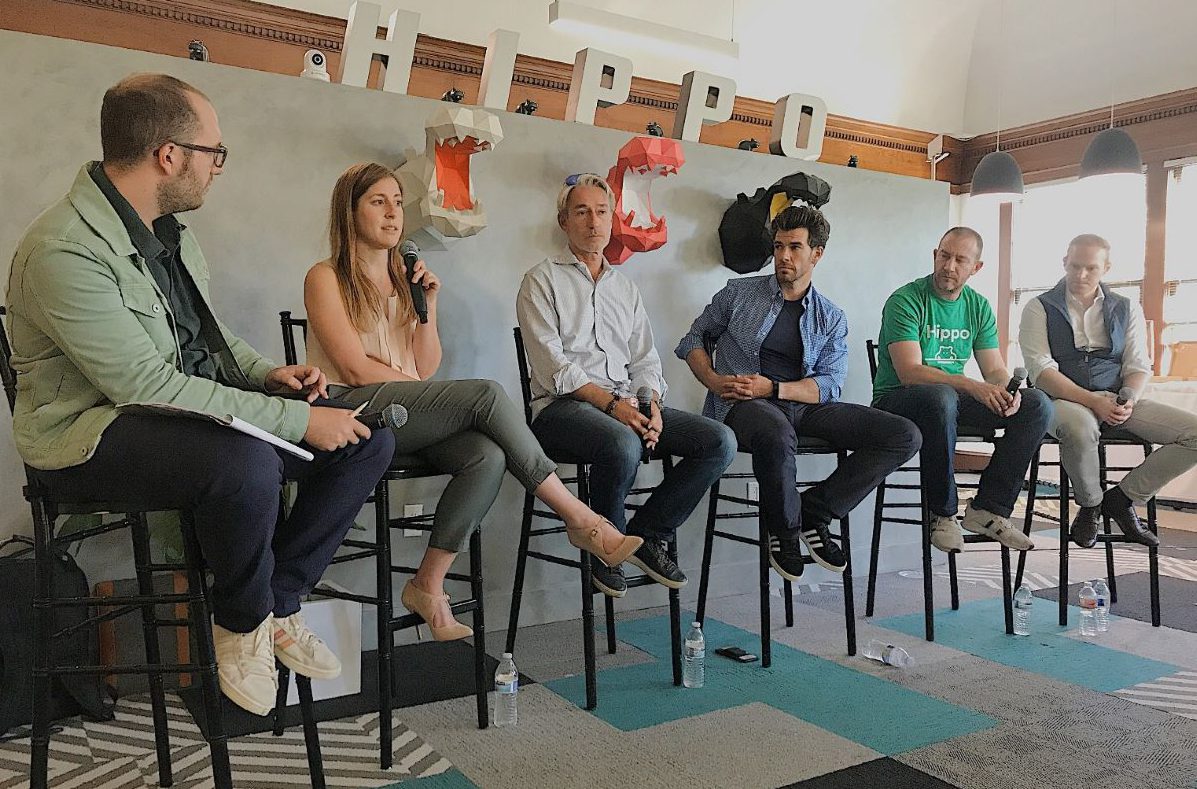
Hefets experienced the wealth-building effect of homeownership from an early age.
“For me it’s a personal story. My parents were immigrants and came here without any money … The only way we made any money was we invested in rental properties. There is this amazing risk-adjusted return you can get with owning a home … and start to build wealth over time,” she said, adding that many missed out on that wealth-building opportunity in the wake of the Great Recession. “The wealthy saw tremendous wealth gain over the last decade, and the middle class did not. … they were left out of this giant period of economic prosperity for the U.S.”
Although Divvy’s business model may appear markedly different than a traditional single-family rentals (SFR) operation, Hefets said that the company makes money the same way — at least for now.
“We make money like any other rental platform; we make it off rent yields … we are very selective about the markets we move into to make sure they have enough rent yield,” she said, noting that the company has plans for additional revenue streams. “If Divvy helps you buy your home, don’t you think Divvy will be a trusted partner for other things? There is a lot of ways to monetize the largest asset for most people. We don’t think the relationship will end when they become a homeowner.”
How Does Divvy Calculate Risks as a Young Startup?
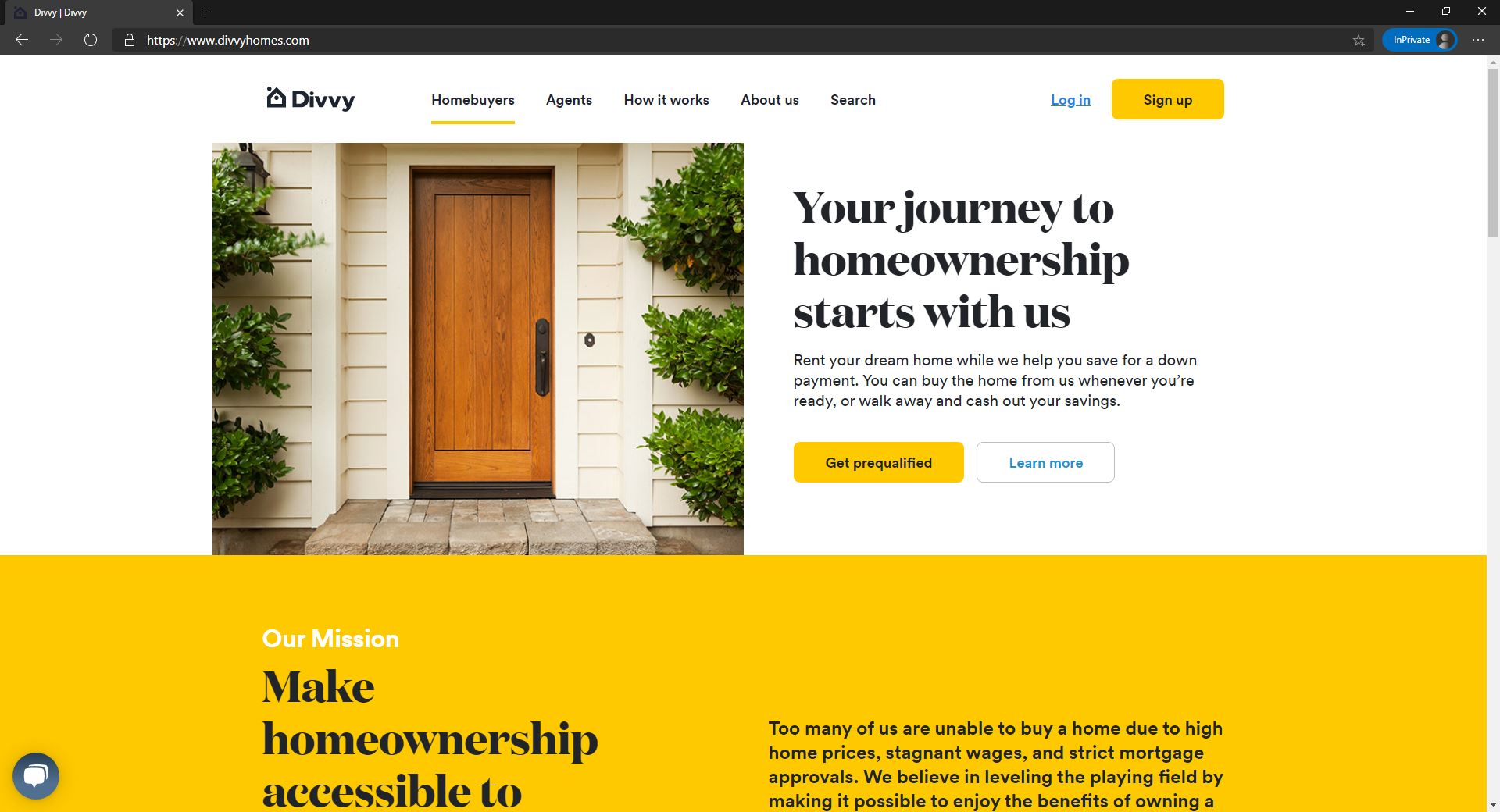
Real estate can be a bumpy market, which means that much of what Divvy must do is effectively manage risk, making sure it is investing in the right customers and the right houses. This, Hefets told Webster, is why the platform is very circumspect about its expansion into new markets.
Today, the service is available in Cleveland, Atlanta, and Memphis — markets where prices are close to national averages, and where the potential for appreciation is strong and volatility is at a minimum. Before entering new markets, she noted, Divvy wants to have a strong grasp on its fundamentals, and be able to feed its algorithms and data team enough information to make good value judgments on behalf of its customers.
“At times, we will warn the customer if they have picked a property, we don’t believe is likely to appreciate, along with recommendations for where else they might look,” Hefets said.
There might be a future in more volatile markets (think high-price, high-swing markets like Boston, San Francisco or “Texas as a whole”), and both Ma and Hefets think there are ways the model could work in those places. However, as a young startup, they are taking a conservative approach to rollout.
The platform is growing, though, they noted, particularly as it works with a wider network of independent brokers and sees more customers brought its way during their housing search. It’s also growing as an emerging class of customers — who had perhaps not thought about ownership, but are recently married or on their way to having children — consider a more economically efficient path to homeownership.
Divvy has had some issues with non-payment, Ma pointed out, mostly due to customers who have found themselves suffering from an unexpected life issue, but that was temporary and something the company was able to catch up from. In some cases, he added, Divvy has worked to adjust people’s payments by removing the equity part of their monthly bill, and only collecting the portion that is rent.
“Our focus now, and very much going forward, is making sure people are on track to buy houses,” Ma said.
Hefet’s Outlook for the Rest of 2020 and Upcoming 2021
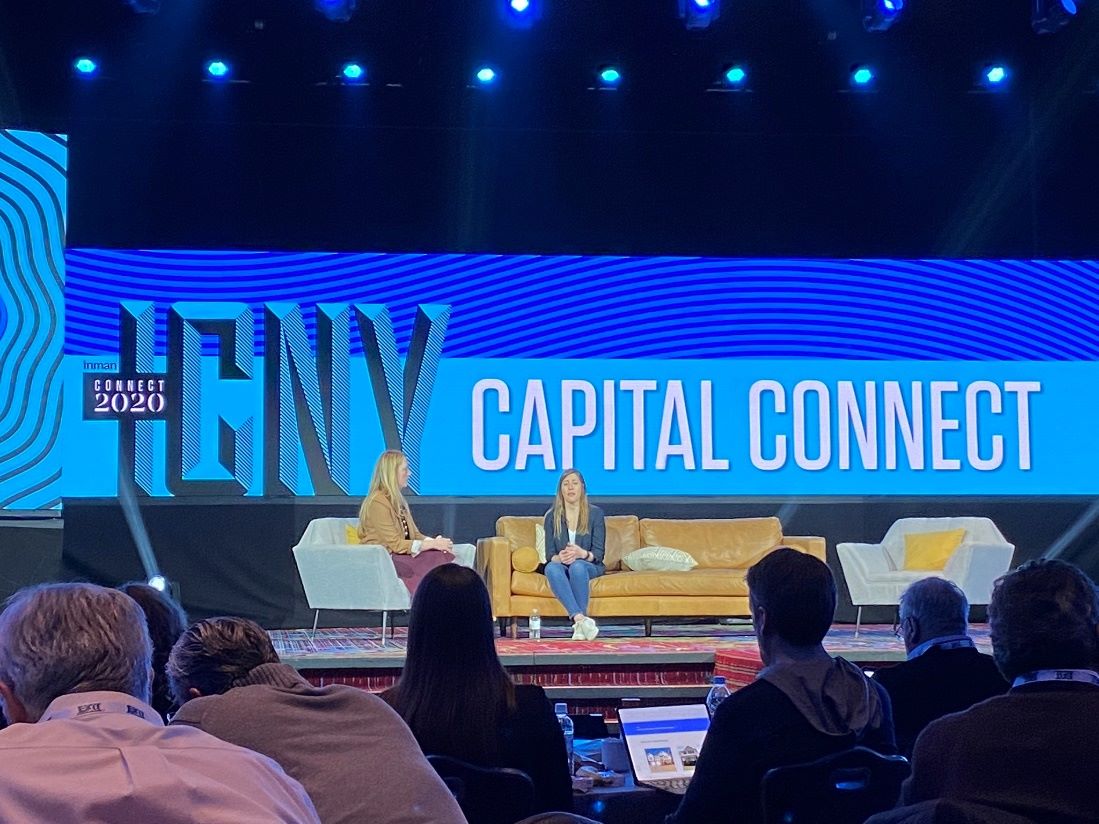
On an Inman Connect interview, Hefets has honestly shared the current status of her firm. Covid-19 has clearly changed the way hers or everybody’s company operation. And there are the three main issues she is facing: first, cash runway; second, how to drive greater innovation; last, how to navigate a more unstable macro-environment. Yet, to have an insightful look at the changed market, the founder claimed:
“Given where unemployment is, it does seem like home prices might soften. As you know, the equity markets are much more liquid than real estate. As a result, when equities drop, it sometimes takes years to see a similar impact in real estate. However, with 35 million-plus Americans unemployed, there is a risk of folks not being able to pay their mortgage, resulting in a large number of foreclosures, which would increase inventory (or supply). There are currently almost 4 million homeowners in forbearance. If those people are able to come out of it and continue paying their mortgage after the crisis, that will help the market stabilize. If not, it will lead to more properties hitting the market. At the same time, fewer buyers will be able to access a mortgage due to the tightening of approval requirements, so we might see higher supply plus lower demand, which means lower home prices. We think Divvy will be a great option for people who might not qualify for a mortgage in the current conditions but who still want to move into a home and enjoy the benefits that come with that. Before COVID-19, we expanded our presence into five new cities across the U.S.: Dallas, Phoenix, San Antonio, St. Louis, and Tampa. We believe we’re poised for growth in each of these markets, and we are excited for the challenge.”
The Bottom Lines
Divvy enables prospective homebuyers to pick out a house they would like to eventually own, buys it for them, and rents it out to them while also collecting gradual down payments—with an eye to eventually letting the buyer transition to a traditional mortgage.
The company is only a three-year-old startup, yet it is disrupting the entire path that many consumers take to buy their first home is a big project all on its own — even before adding other services to its platform. Divvy Homes, clearly is a potential fintech model to leveling the playing field in this housing market!



